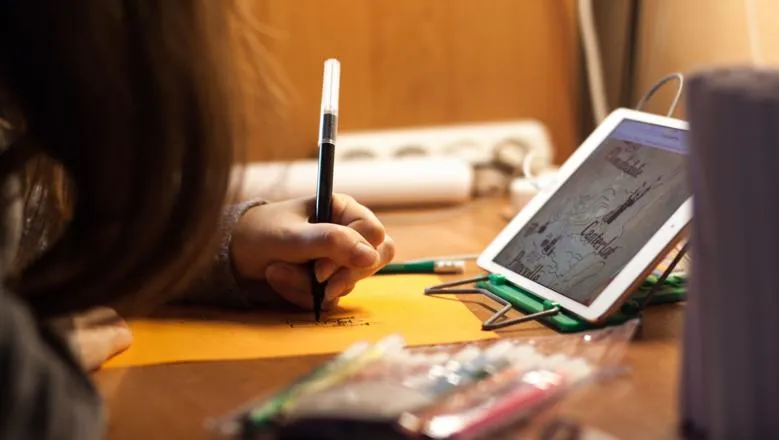Some issues are passed around in the same way. Who is passing the hot potato of air pollution to whom? Who is responsible and who needs to take action according to whom? Does everyone tell the same story?
Public Data Lab: http://saveourair.publicdatalab.org/hot-potato-machine/
25 October 2018
Air Pollution Workshop with Young Research Advisors, National Children's Bureau
On 25th October 2018, a workshop exploring who is responsible for air pollution and what can bed one to improve air quality was led by researchers from the Social Science and Urban Public Health Institute (SUPHI) in collaboration with the National Children’s Bureau (NCB). The workshop involved nine young people who are active members of NCB’s Young Research Advisors group(YRAs), a network of young people (ranging from 7-18 yo) recruited from across England to receive training on research methods and ethics, and to contribute to consultations on external research projects like ours.

Who is responsible for air pollution and what can be done?
On 25th October 2018, a workshop exploring who is responsible for air pollution and what can bed one to improve air quality was led by researchers from the Social Science and Urban Public Health Institute (SUPHI) in collaboration with the National Children’s Bureau (NCB). The workshop involved nine young people who are active members of NCB’s Young Research Advisors group(YRAs), a network of young people (ranging from 7-18 yo) recruited from across England to receive training on research methods and ethics, and to contribute to consultations on external research projects like ours.
The workshop presented the problem of air pollution as a complex local, national and global public health concern that effects different sectors of society and is therefore as much a social and political issue as it is a scientific one. Because air pollution is something that has been shown to disproportionately effect young people, learning about what young people know and how their everyday experiences might inform ideas for tackling it relevant and valuable contributions to contemporary public and policy discussion and debate on the issue.Our project did not measure and monitor air pollution like many citizen-led research activities. Instead we wanted to explore its public health dimensions from a sociological perspective. Given that air pollution is a complex challenge specifying who is responsible for improving it often disputed or ambiguous. Further, air pollution is a problem usually told with numbers, through alarming figures indicating rates of mortality in London due to exposure, for instance. These numbers tell particular kinds of stories about air pollution, which are not always helpful for those interested in trying to improve air quality or protect their and others health. This predicament is captured by the concept of The Hot Potato Machine, a prototype produced by researchers on the Save Our Air project at Public Data Lab1 that seeks to understand and visually explore the ways in which responsibility for air pollution is distributed among different actors.
We used the prototype as both a pedagogical method and research device. The Hot Potato Machine was originally developed by the Save Our Air to engage local policy makers, activists, businesses and citizen-led organisations in a borough in London around the shared issue of air pollution. The prototype is publicly available and free to use and adapt. Through helpful conversations and careful guidance from researchers on the Save our Air project we translated the worksheet into a format relevant for young people who had not necessarily worked on issues of air quality before. As well as encourage discussion and to bring insights from young people to bear on the problem of air pollution,the workshop was interactive and generated a series of material outputs.
To achieve the aim of both learning about air pollution and conducting research on it, the work shop had three objectives:
- inform young people about air pollution
- generate insight on young people’s perspectives and experiences of air pollution
- conduct research to co-produce a visual map of actors involved in the issue of air pollution
Full article
For the full article on Air Pollution Workshop with Young Research Advisors, National Children’s Bureau, please download the PDF version.
Acknowledgments
Special thanks to all the YRAs who participated and contributed to the workshop and to the National Children’s Bureau for orchestrating the workshop and sharing enthusiasm for it. Thanks also to the Save Our Air project and Public Data and Lab for the workshop concept and materials.
